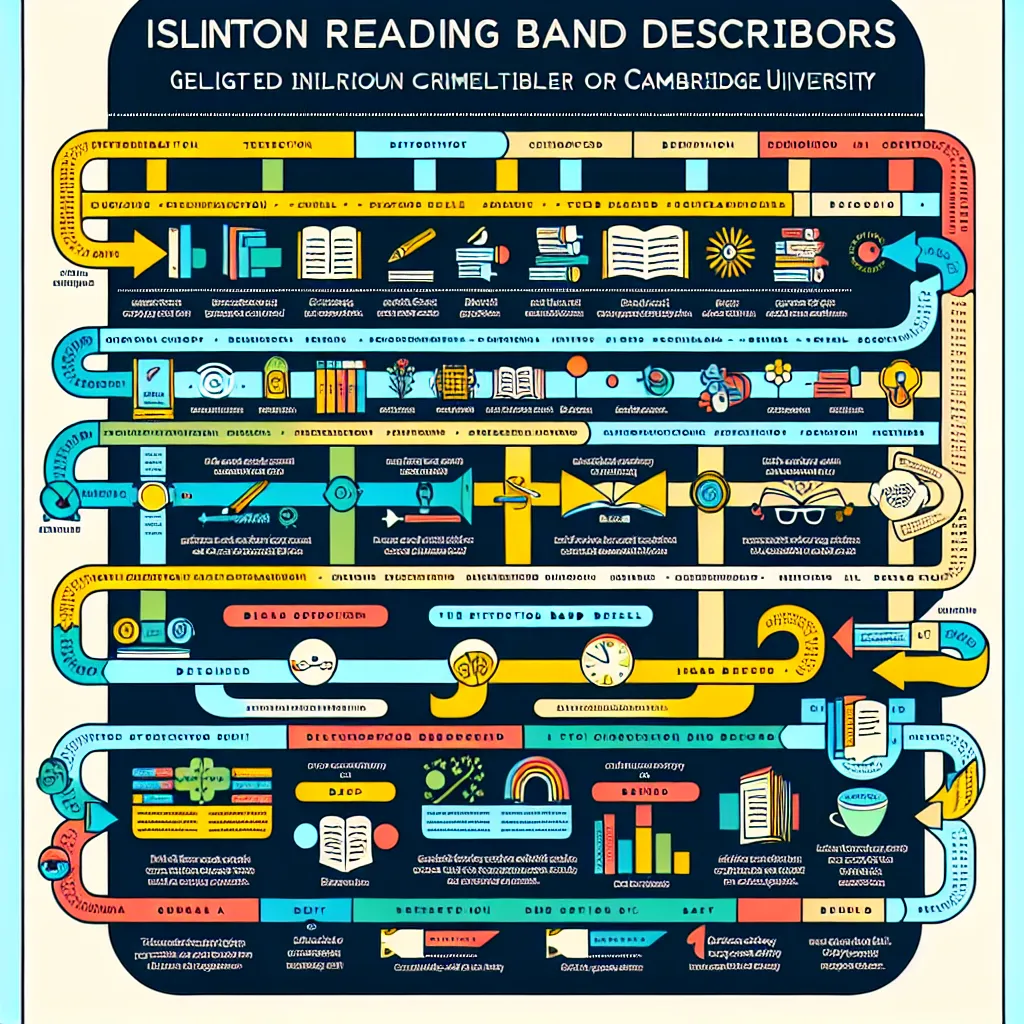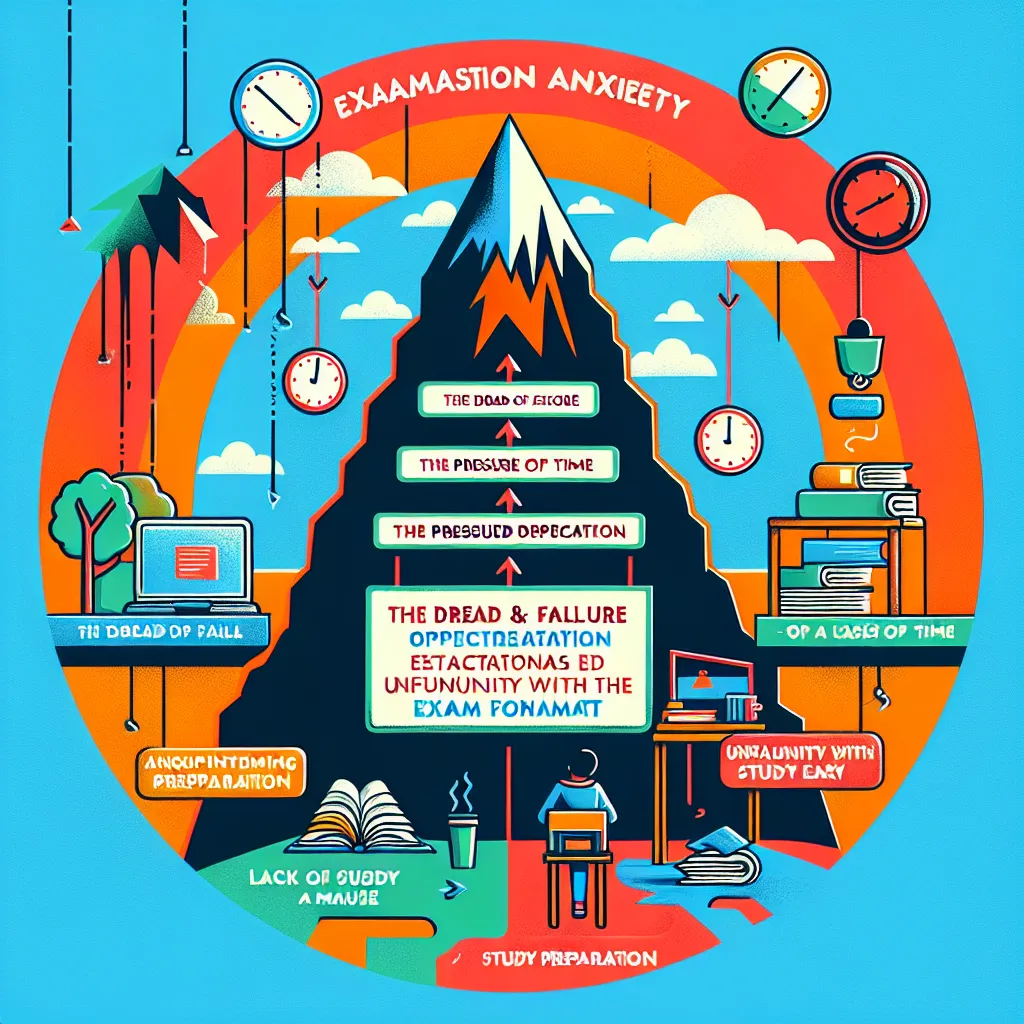Are you preparing for a Cambridge English exam and feeling overwhelmed by the reading section? Understanding the Cambridge Reading Band Descriptors is crucial for success. This comprehensive guide will break down these descriptors, helping you grasp what examiners are looking for and how to improve your performance.
What Are Cambridge Reading Band Descriptors?
Cambridge Reading Band Descriptors are detailed criteria used by examiners to assess a candidate’s reading skills in Cambridge English exams. These descriptors provide a clear framework for evaluating various aspects of reading comprehension, from understanding main ideas to interpreting complex texts.
 Cambridge Reading Band Descriptors
Cambridge Reading Band Descriptors
Why Are They Important?
- Clear Expectations: They outline what’s expected at each proficiency level.
- Focused Preparation: Understanding these descriptors helps you target specific areas for improvement.
- Self-Assessment: You can use them to gauge your current reading abilities.
- Exam Strategy: Knowing what examiners look for can inform your approach to reading tasks.
Breaking Down the Band Descriptors
Band 9: Expert User
- Key Features:
- Effortlessly understands complex texts
- Grasps implicit meanings and subtle distinctions
- Critically analyzes sophisticated arguments
Example: A Band 9 reader can easily interpret academic journals, understanding not just the content but also the nuances and implications of the research.
Band 8: Very Good User
- Key Features:
- Comprehends complex and abstract ideas
- Recognizes less common idiomatic expressions
- Can follow detailed arguments
Tip: To reach this level, practice reading diverse materials like scientific papers and literary critiques.
Band 7: Good User
- Key Features:
- Understands detailed texts on unfamiliar subjects
- Recognizes implicit meanings in context
- Can follow complex lines of argument
Strategy: Regularly read quality newspapers and magazines to expose yourself to various writing styles and topics.
Band 6: Competent User
- Key Features:
- Understands main ideas of complex texts
- Can interpret detailed information accurately
- Recognizes opinions and attitudes expressed indirectly
Improvement Tip: Focus on identifying authors’ tones and attitudes in opinion pieces and editorials.
Band 5: Modest User
- Key Features:
- Grasps main ideas of texts on familiar topics
- Can extract relevant information from longer texts
- Understands factual information
Practice Suggestion: Read articles on topics you’re familiar with, then gradually introduce new subjects to expand your comprehension.
Band 4 and Below: Limited to Extremely Limited User
- Key Features:
- Basic understanding of simple texts
- Can comprehend short, straightforward information
- Limited vocabulary restricts overall understanding
Focus Area: Work on expanding vocabulary and practice with graded readers appropriate for your level.
How to Improve Your Reading Band Score
1. Diversify Your Reading Materials
Expose yourself to a wide range of texts:
- Academic journals
- News articles
- Literary works
- Scientific papers
2. Practice Active Reading
- Highlight key points
- Take notes
- Summarize main ideas in your own words
- Identify the author’s purpose and tone
3. Enhance Your Vocabulary
- Keep a vocabulary journal
- Learn words in context
- Study collocations and idiomatic expressions
4. Time Management Skills
- Practice timed reading exercises
- Learn to skim and scan effectively
- Allocate time wisely during the exam
5. Analyze Question Types
Familiarize yourself with different question formats:
- Multiple choice
- Matching
- True/False/Not Given
- Sentence completion
 Reading Comprehension Strategies
Reading Comprehension Strategies
Common Pitfalls to Avoid
- Overlooking Context: Don’t focus solely on individual words; consider the overall context.
- Ignoring Text Structure: Pay attention to how the text is organized and use this to your advantage.
- Rushing Through Questions: Take time to understand what each question is asking before searching for the answer.
- Relying on Prior Knowledge: Base your answers on the text, not your personal knowledge of the topic.
- Neglecting Time Management: Practice pacing yourself to ensure you complete all sections.
Next Steps in Your Preparation
- Take a Practice Test: Assess your current reading band and identify areas for improvement.
- Create a Study Plan: Based on your weaknesses, develop a targeted study schedule.
- Join a Study Group: Discussing texts with others can provide new perspectives and insights.
- Seek Feedback: If possible, have a teacher or tutor review your practice answers and provide guidance.
- Regular Self-Assessment: Periodically check your progress against the band descriptors to track improvement.
Understanding Cambridge Reading Band Descriptors is a crucial step in your exam preparation journey. By familiarizing yourself with these criteria and implementing targeted strategies, you can significantly enhance your reading skills and boost your chances of achieving your desired band score. Remember, consistent practice and a methodical approach are key to success in the Cambridge English reading exams. Keep challenging yourself with diverse reading materials, and you’ll see your comprehension skills soar.
[internal_links]
Are you ready to take your Cambridge English reading skills to the next level? Share your experiences or questions in the comments below, and let’s continue this learning journey together!




